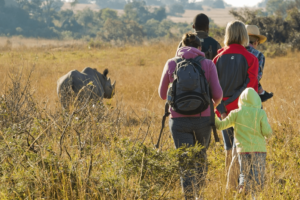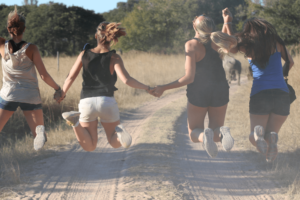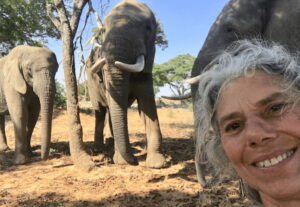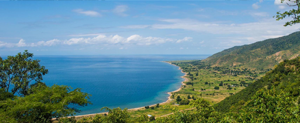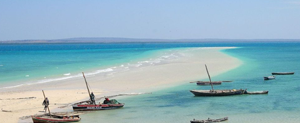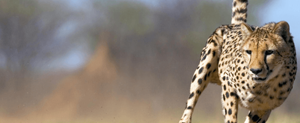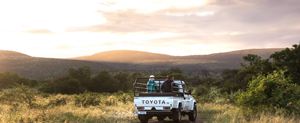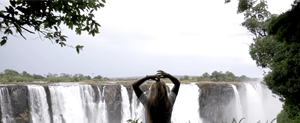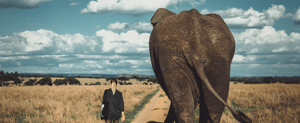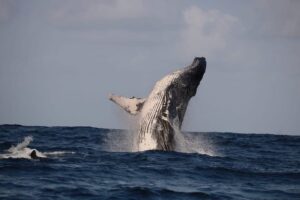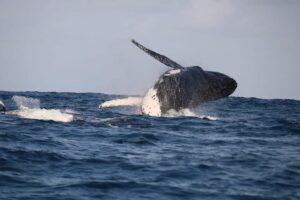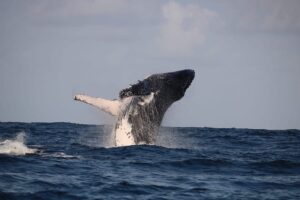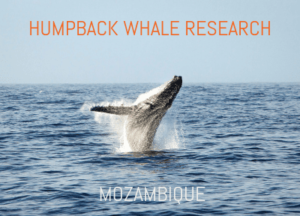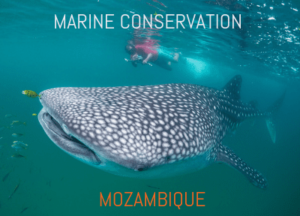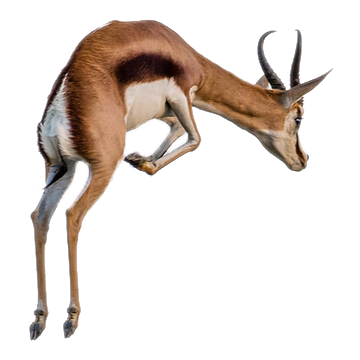Biology teacher and whale enthusiast, Len, volunteered at our Humpback Whale Research project in Mozambique during August 2019. Despite having been whale watching before in the USA, nothing had prepared him from the incredibe experience of witnessing whale behaviour in such a spectacular location.
Here’s what he had to say about it:
Why did you decide to join this project?
“I chose to take part in this volunteer project because of the opportunity to assist in a scientific research program involving an animal species I have always loved. The geographical location was also extremely appealing.
What activity did you enjoy the most?
“I loved getting out on the water to search for these marine mammals. Listening to humpbacks sing using the hydrophone and snorkelling in the ocean with a whale shark were two unforgettable experiences. But if I had to choose one, it would have to be the triple breach we witnessed as a team. We were on the boat observing a playful humpback whale calf and her mom. After we waited a few minutes for the whales to resurface after going down, we were treated to a huge breach not too far from the boat. After snapping some unforgettable shots of this magnificent encounter, we were then treated to a triple breach. It was truly a memorable day out on the water. While some may come to “expect to see” that type of behavior, one thing that I often enjoyed was the search. Being that it is nature, you never know what you’re going to see, if anything. But just being out on the water with great people in the search for humpback whales is an experience in itself.”
What was a typical day like as a whale researcher?
“I would wake up, grab some breakfast, and either read or watch the waves coming in. Mid-morning, we would either go for an ocean safari, enter data, or do a land-based survey. After returning to the lodge restaurant for lunch, we would then do one of the two other activities we did not do in the morning. In the evening, we would often eat together as a group in the restaurant lodge and just sit and talk (this was the area with the best internet connection as well). During free time, we would sometimes bird watch, stroll along the beach, learn how to surf, and even fly a drone over a group of humpbacks.”
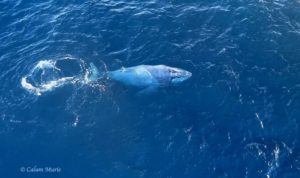
Did you feel like you were making a real contribution?
“YES. It seems to me that this type of study has not really been done before off the coast of Mozambique. It was exciting to learn more about humpback whales and to think about future connections/trends that could be seen as the study lengthens/progresses in the years to come. As a science teacher and biology major, I was very interested to learn more about humpback whales and to help with data collection that can be used to help identify individual humpbacks.”
Do you have any feedback about the staff, accommodation and food?
“Something I found in Mozambique was that everybody was so helpful and accommodating and I really felt welcomed from the moment I stepped into Tofo. The staff were also very professional and I appreciated everything they did to help make this a memorable trip. I have always been a believer that what makes the experience good or bad is the people, and the people with whom I interacted made this one of my most memorable trips ever.
The lodge was such a great accommodation, from the absolutely stunning open deck view to the proximity to the beach, it was perfect. Being a slightly picky eater and not into seafood, I was a little nervous about how meals would go, however, the menu was filled with a ton of great-tasting entrées from which I could choose.”
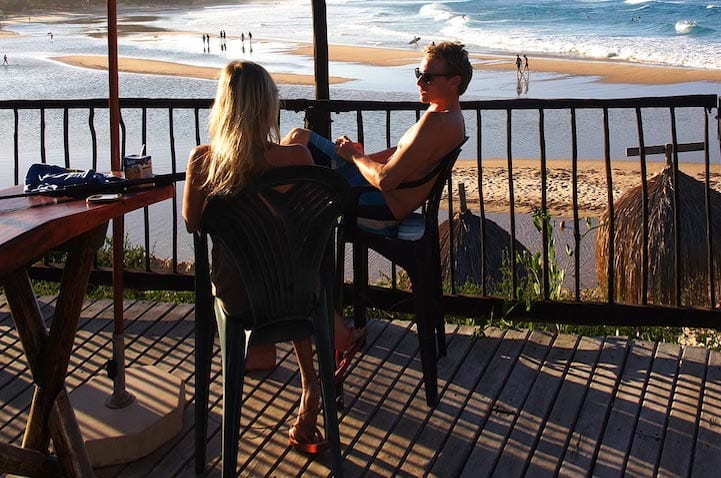
“Step outside your comfort zone and give something like this a try. This was definitely way out of my comfort zone, and I am so happy I signed up. What you see, what you witness, what you do will end up providing you with life-long memories and stories to tell.”
Going the extra mile
“One very neat experience actually happened after I returned home to the United States, where I teach and coach at a private, all-boys high school. During my first week of classes back in Virginia, we did a live video call with the team from the project, as they were out on the water.
Despite a time zone difference of six hours, I had several boys come in to the classroom quite early and they were fortunate to watch this scientific team use a crossbow to extract a small skin and blubber sample from a humpback whale, a technique that is almost non-invasive and to which only 5% of whales show any sort of reaction. We then discussed how the samples can be used for studies on genetics, pollutants, and stable isotopes.
Talk about an amazing experience for my students! The fact that the team were willing to spend time setting this up for my students after I had already left shows what type of people are running this program.”
“This was a special opportunity and I consider myself extremely fortunate to have volunteered. The people with whom I worked were absolutely amazing, and the memories, sightings, and experiences will stay with me for the rest of my life. I can’t wait to go back!”
– – – – – – – – – – – – – – – – – – – – – – – – – –

